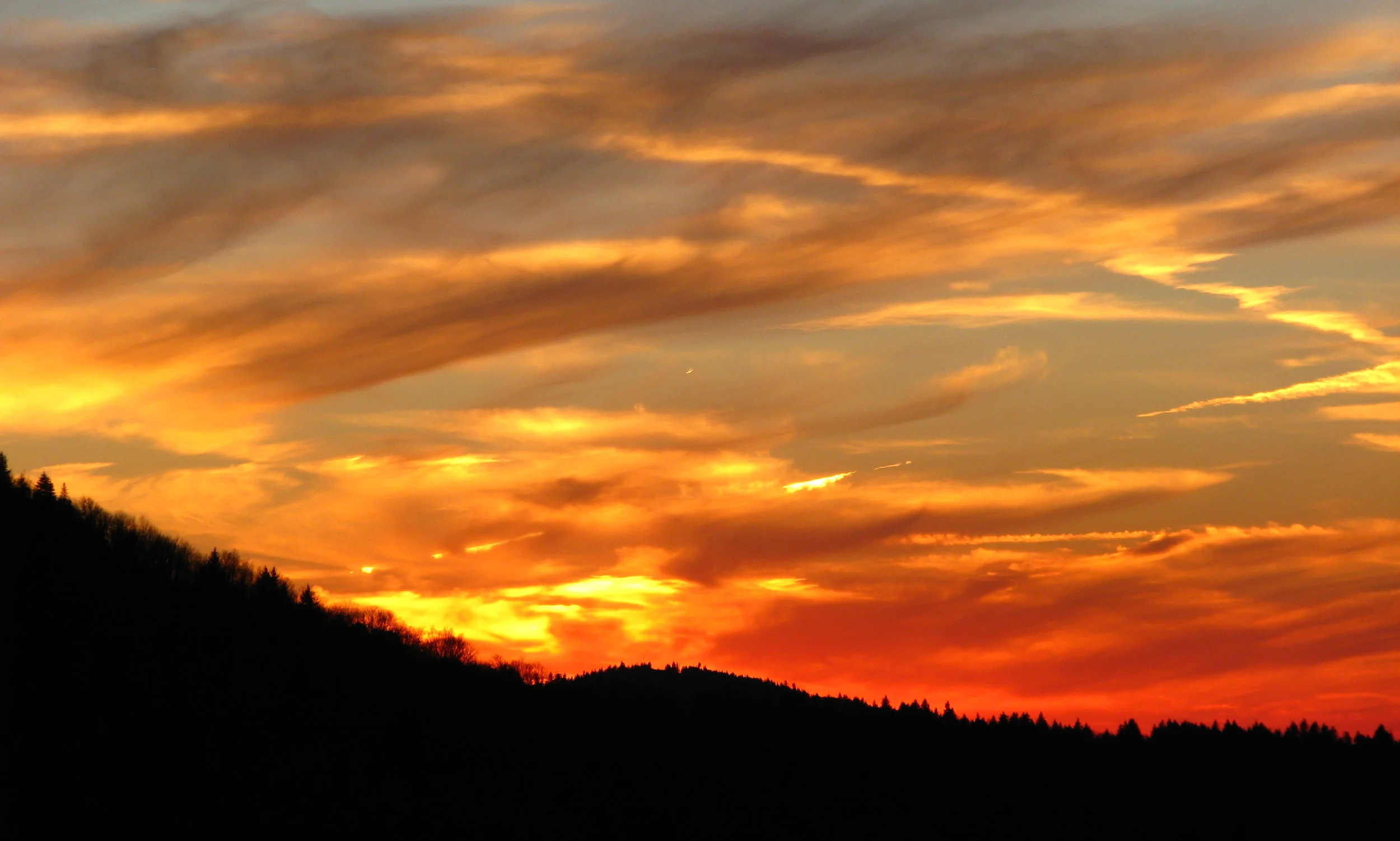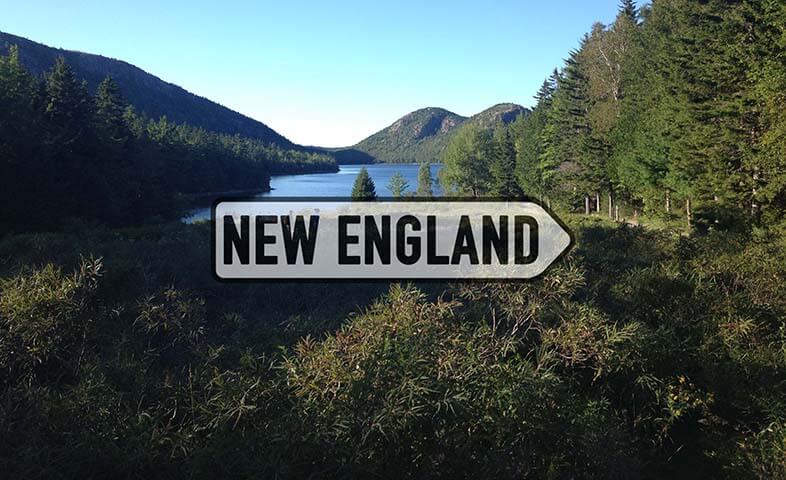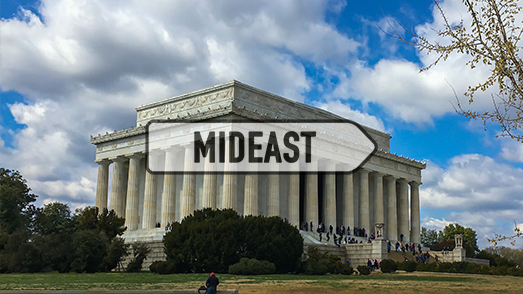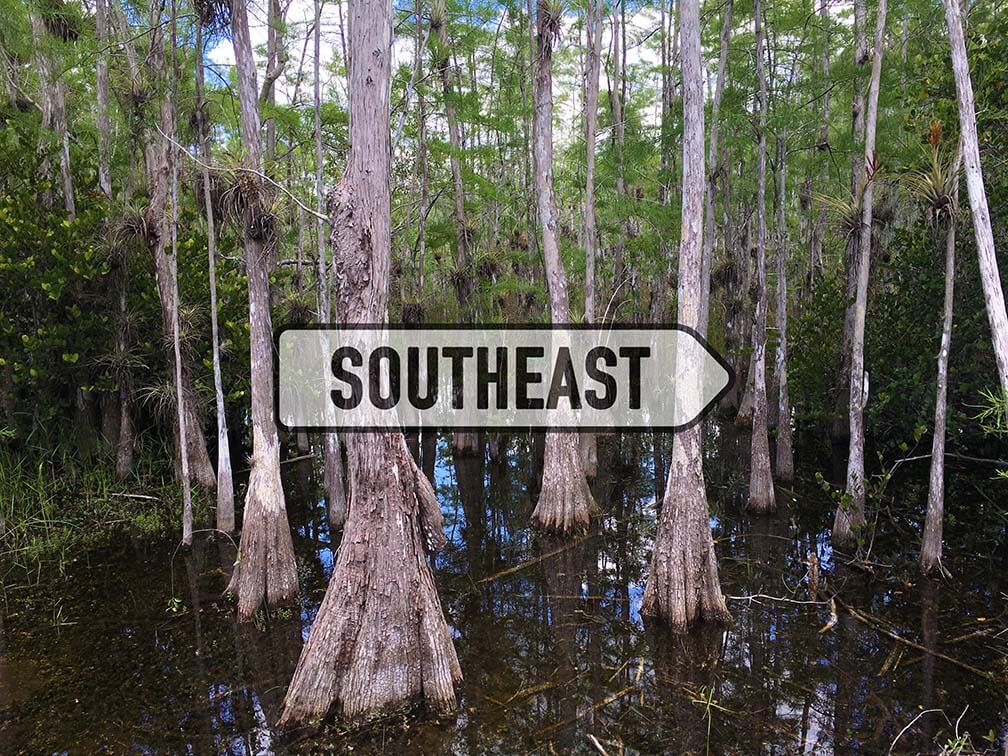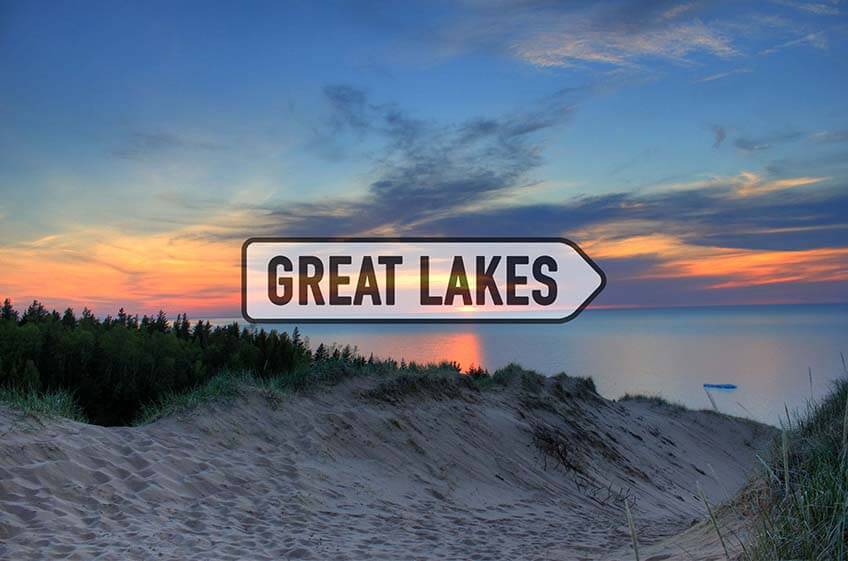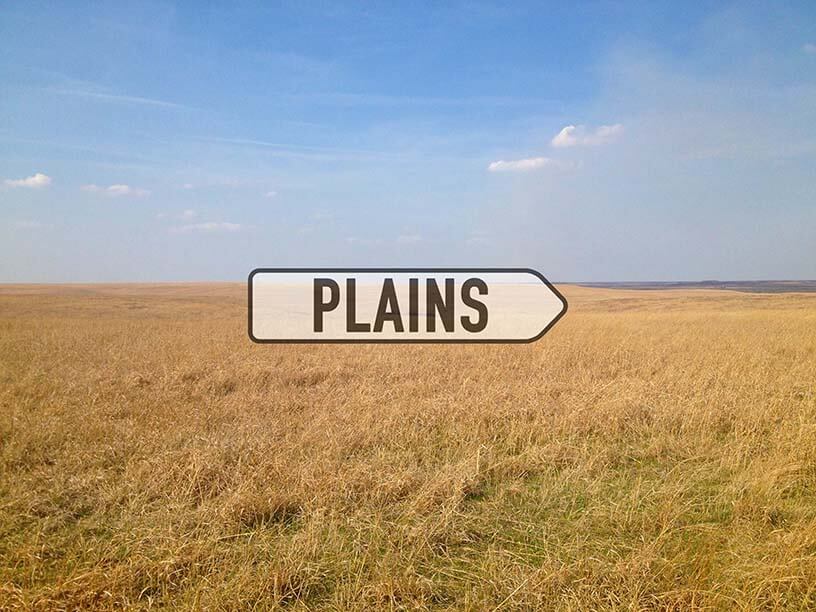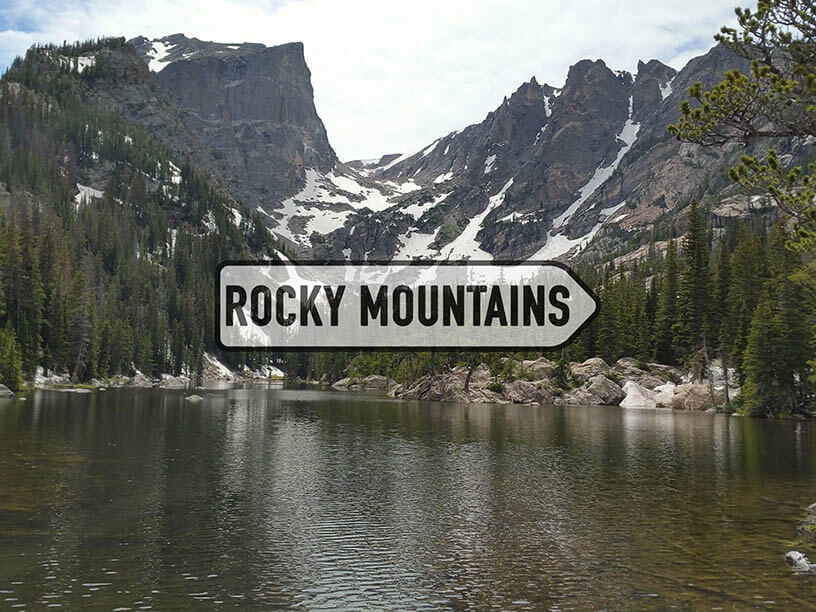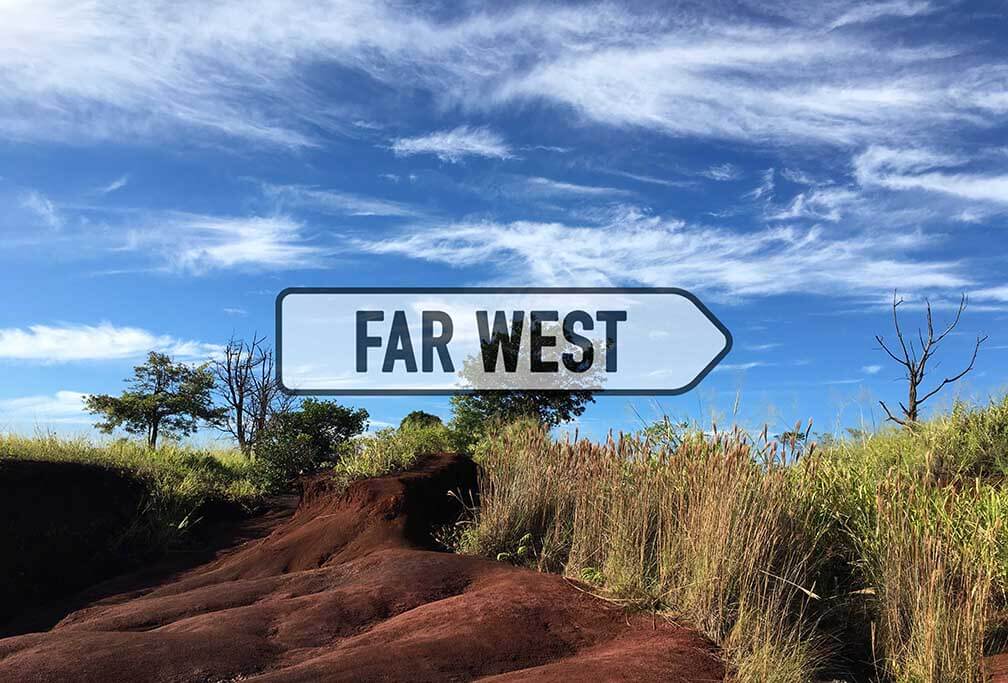Know This Place
By Lauren Smith
I am not from here, just a stranger who comes with gratitude and respect and questions of how it is we come to belong to a place.
Robin Wall Kimmerer, Braiding Sweetgrass
Ohio woods, photo courtesy Lauren Smith.
The month after I moved to Montana I went to an environmental conference in Waterton Lakes National Park, Alberta. There, I heard a Blackfeet elder say this: “We are bound by breath to honor and take care of this place.” The elder was speaking about conservation, and how it is important to care for all parts of an ecosystem—the watershed, the soil, the plants, the animals. To care, the elder said, you need to settle in a place and let it settle in you. Once this happens, you are bound by breath to honor and care for that place.
What does it mean to be bound to a place? Both a restless soul and my work as a seasonal field biologist lead me from field site to field site, generally in a different state, every three months or so. I mainly study birds, and over the years I’ve watched and listened to thousands of them, sometimes as they do very specific things, like build a nest or feed their young; at other times, I am simply documenting their presence for population surveys. My favorite jobs involve bird banding. This entails catching live birds, carefully taking a series of measurements, and releasing them unharmed with a tiny metal identification band around their leg. When I hold a small bird in my hand, I am mesmerized by details—minuscule wispy feathers covering a bird’s ear, and how the plain brown color of a sparrow becomes toffee and beige and chocolate and dry mud and wet dirt and chestnut and russet and cinnamon.A bird’s chest heaves as I work quickly to record numbers. There is no column in my data sheet for the number of breaths we each take.
I have chosen to live my life like this, though I’ve never tried to figure out why. Perhaps studying migratory birds has made me aware of my own zugunruhe, a terms ornithologists use to describe migratory restlessness—birds’ anxiousness to take to the skies and leave one place for another, the deep-wired behavior to travel long distances in order to survive.
I began my wanderings in Ohio, where I was born and where I began to learn what it means to be lost, and to be found. From Ohio, bird work led me to Oregon, then North Carolina, Pennsylvania, Florida, South Carolina. Jobs in Wyoming and Colorado, and now Montana. The sequence matters, because each place led to the next, but in my memory time is more fluid, and remembrances swirl together in their own order. Interspersed with travel for work, I took short weekend trips and longer cross-country drives, learning the places of this country. I collected natural places of solace the way others collect shot glasses or magnets. Instinctively, I searched out places that make me breathe, and those that make me hold my breath. A boisterously sunny stream bank, where I could listen to yellow warblers and song sparrows serenade the willows. A quiet patch of old growth forest, the ground thick with pine needle duff, where I listened hard for the invisible sound of spotted owl wings. A rocky ridge high above an alpine lake, where I watched golden eagles soar along the cliff band below me.
But do these places of mine bind me to those locations any more than a souvenir magnet binds one to Paris or Portland? I keep journeying, from place to place, away from what, towards what? By leaving, does that mean I can’t know a place?
*
When I was young, I spent every day after school in the woods behind my parents’ house in Ohio. Then I think I knew a place. I knew where the S-tree grew, its curved trunk in sinuous contrast to the lumber-straight oaks and maples. I knew where the leaves floated in the stream, bright colors against the wet-black rocks. I knew the smell of the loam.
The woods feel different now that I’ve seen other parts of the world. I know where the boundaries are, where the woods turn to fields then to housing developments and highway. This place is not as vast as I once thought.
*
I listen to the wind rustling the grasses. Flies drone past with percussive buzzes. An eastern towhee calls, clear as a penny-whistle. Crows caw from the sloping mountains behind me. They ride a gentle wind, watching over places I’ll never see.
I’m sitting on a rocky outcrop at the top of Black Balsam Knob, a mountain in Pisgah National Forest in North Carolina. The rock under my hands is dark, shot through in some places with quartz, in others sprinkled with bits of mica that shine in the almost-setting sun. My rock is an island surrounded by waves of bristling golden grasses. I breathe deep and look up into the pure blue overhead. Clouds too wispy and removed to cause me concern frame the translucent moon suspended above the rounded profiles of the mountains. Their distance makes the world look soft. I imagine tracing their shapes with my hands, but it takes more than touch to know a mountain.
I look at the moon, then my shadow on the grass. My black shape is still, no matter how the grasses dance in the wind. I sit and listen to the moon and the mountains, and, sometimes, I think I understand what they say.
Sunset in North Carolina, photo courtesy Lauren Smith.
*
I always knew you would leave, my mom said. We were standing in the kitchen folding laundry on a late fall afternoon. She said it with that peculiar motherly mix of sadness and pride and love, and her eyes filled with tears. She hugged me, and explained she knew I needed to get out into the world, that the opportunities for me weren’t here in Ohio, but out there. Whenever I’d talk to my parents about my life plans, ill-defined as they were, I’d never spoken in terms of place but rather possibilities: the skills and experience I would gain, where that could lead me. I knew they’d prefer I stay closer to home. I also knew I’d go wherever I was offered a job, and that I wasn’t applying for any jobs in Ohio. I didn’t think too hard about what leaving meant.
One minute I was folding Dad’s underwear, the next I stood frozen in my mom’s arms. I didn’t know if I should cry or be relieved I didn’t have to explain, because she already knew.
*
I slept in the car last night, bundled in my sleeping bag in the front seat. The stars were brilliant, and in the middle of the night I woke to a sliver of moon shining brightly through the windshield.
Now I’m sitting in a parking lot overlooking Monument Valley Navajo Tribal Park, somewhere on the Utah-Arizona border directly west as the crow flies from Four Corners. I’m on a road trip, making my meandering way up to a friend’s house in Colorado. It’s just before a January dawn. I am here to witness the sunrise. Night is slowly fading, bringing the Mittens rock formations into dark profile. The sky is a grayish-burnt orange dissolving into blue that gets darker and darker to merge into the starry night. Charcoal smears of clouds smudge the outline of the rock into the new start of day. Slower than my breaths, the stars vanish back into the unseen.
My thoughts begin to spread out in all directions, tracing around and over the rock formations, settling among scraggly juniper bushes, burrowing in the soft reddish dirt. Some things are harder to see in daylight, I’ve learned. The light gives you the chance to focus, to choose. When the dark chooses for you, it’s easier.
Looking back to Monument Valley Navajo Tribal Park, photo courtesy Lauren Smith.
*
I have often thought about how, if something happened to my parents, I would move back to Ohio to take care of my brother. He’s high-functioning, but he’s still autistic. I describe him defensively, in terms of what he can do, but there’s a lot he can’t, that my sister and I will have to do for him someday.
My brother was born when I was four, and my earliest memories are of holding him as a baby. I remember laying in my parent’s bed, holding him in my arms, his tiny hand gripping a lock of my hair, gently tugging. I breathed in his soft baby smell, inhaling deep the scent of his new life. The smell of family. I breathe in the knowledge that we-- my parents, sister, and I-- are the four people he’ll talk to without any hesitation. That we know who he is when he’s unrestricted by the world around him. We see him. This is my brother. I breathe in.
I don’t know how to hold that sometimes, how to balance this heavy knowledge with my deep yearning to chase after those soul-satisfying moments in nature. Maybe that’s why I don’t want to settle in a place, because I’m scared I’m running out of time. I’m scared by the realization that my parents are aging, that they, just as I, don’t live frozen in time, that we all mature and change, that there’s nothing we can do about it. Thankfully, we’re not suspended in photo albums, if only because my mother’s perm from the ‘80’s is not something I’d wish on anyone for perpetuity.
I laugh, because if I didn’t I’d cry. I breathe and keep going.
*
I’m driving through Yellowstone National Park with my family. It’s July, and we’re here to hike, observe the geysers, and look for wildlife. Now that my younger sister and I have graduated from college, family vacations and holidays are the only times the five of us are together. Dad is driving, as usual; Mom navigates from the front passenger seat. My brother, the youngest, and I sit in the middle seats, and my sister, the middle child, is folded into the back.
Even now that we kids are all in our mid to late 20’s, my sister and brother don’t like to sit next to each other in the car for long. My sister told me once she was jealous of the extra attention our brother received when we were children. His disabilities define our family and our relationships with each other. They don’t limit what we do, but they shape our possibilities.
Outside the car window, the lodgepole pines grow dense as dog hair, packed tight and inches from each other. They make a solid, living wall of green and needles—a thick monoculture, all the same species, competing for space, food, sunlight. Biologically complex ecosystems are healthier, I’ve learned. When there is diversity, ecosystems are more resilient. They can better withstand and recover from disasters. These trees, all the same age, all the same size: they could all be destroyed by the same event. High winds, tearing them all out by their shallow roots, or disease, or fire. With no natural variation, it’s harder to adapt.
When you grow up with complexity, diversity, natural variation, you learn how to be resilient. My brother adds deeper nuances to our lives and relationships.
*
It’s hard to explain, but Ohio has always been a place that I am from, even before I left. I talk about it the same way I talk about my brother, defensively. Ohio defines me and my relationships with other places.
I accumulate scents in my memory: the scent of a North Carolina pine forest at dawn, the gritty Utah smell of red desert rock and crushed sage, the fresh smell of green vegetation high in the Wyoming mountains. But it is Ohio I smell when I burrow my head into my pillow at night.
*
Winter in Ohio, photo courtesy Lauren Smith.
It is winter, and I am in Ohio again. I go for a walk. Striding onto the path that goes through the woods to the pond, I leave the backyard. Small oaks with pale shriveled leaves shiver in the cold wind. An urgent woodpecker taps behind me, Morse code I don’t understand. My bones are getting cold. Each inhalation makes the rims of my nostrils ache. My cheeks feel rosy and raw.
The pond is finally frozen, hoar-crystals on top of an opaque under-layer of ice, looking white and deceptively stable. Once, when we were much younger and at least a couple feet shorter than we are now, my brother and I fell through the ice by the dock. I pulled him out. I don’t remember the sensation of falling, the ice giving way beneath me, but I remember being cold. The water was dark, and though shallow I couldn’t see my feet hit the bottom. I remember breathing hard as we ran back to the house, my short legs stretching to keep up with Dad’s longer ones as he carried my brother. My lungs burned.
From the pond, I take the path back through the woods. I’ve never counted the number of steps, but I’ve been this way thousands of times. My body knows how long it feels to walk from the pond to the yard to the house. I measure the distance in body-time, in heartbeats and breaths.
As I move towards home I realize that all of the breaths I’ve taken, all of the places I’ve inhaled, are exhaled as a single truth: I am bound by breath to honor and take care of this.
Lauren Smith recently earned a Master’s degree in Environmental Studies from the University of Montana. She is a science writer, a former field biologist, and someone who spends a great deal of time thinking and writing about birds. Her work has appeared in Alpinist, Entropy, and Bird’s Thumb, among others, and she has contributed to two Montana Natural History Center's Field Notes radio segments on Montana Public Radio. She lives in Missoula, Montana, where she spends as much time as possible outside, mainly climbing on rocks.

